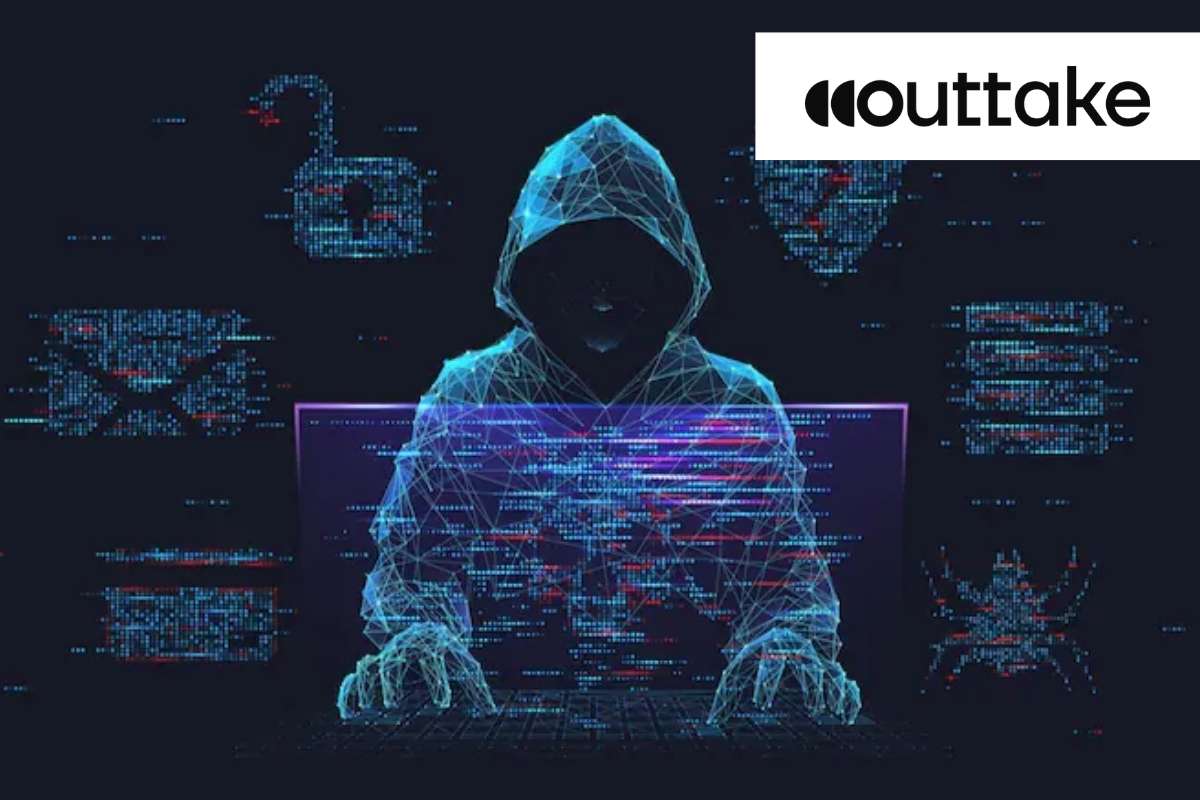In a recent cybersecurity incident, a Ferrari NV executive encountered a sophisticated Deepfake Scammers, highlighting the growing threat of AI-driven impersonations in the corporate world. The incident, which involved the impersonation of Ferrari’s CEO, serves as a cautionary tale for businesses globally.
The Incident Unfolds
On a seemingly normal Tuesday morning, a Ferrari NV executive began receiving unexpected messages on WhatsApp, purportedly from CEO Benedetto Vigna. The messages, although appearing authentic, were from an unfamiliar number and included a different profile picture. The content of the messages was intriguing, suggesting a major acquisition and urging the executive to prepare for a confidential Non-Disclosure Agreement (NDA). The executive was instructed to maintain utmost discretion as Italy’s market regulator and the Milan stock exchange had been notified.
Despite the seemingly legitimate nature of the messages, the executive noticed subtle discrepancies. The voice on the call, while a convincing imitation of Vigna’s southern Italian accent, had a mechanical intonation. This raised the executive’s suspicions. When asked to verify a recent book recommendation by Vigna, the call abruptly ended, confirming the executive’s doubts. Ferrari quickly initiated an internal investigation into the incident.
The Broader Trend of Deepfake Scammers
This incident is part of a broader trend where high-profile executives are targeted using deepfake technology. In May, WPP Plc CEO Mark Read was similarly targeted in an unsuccessful deepfake scam. Rachel Tobac, CEO of SocialProof Security, noted an increase in AI-driven voice cloning attempts. While these tools can create convincing imitations, they are not yet foolproof.
Despite this, some companies have fallen victim to these scams. Earlier this year, a multinational company lost HK$200 million ($26 million) to fraudsters using deepfake technology in Hong Kong. The scammers convincingly impersonated the company’s chief financial officer and other officials, leading to a significant financial loss.
Deepfake Scammers technology, which involves creating hyper-realistic digital forgeries using artificial intelligence, has evolved rapidly. Initially, deepfakes were primarily used for entertainment purposes, but they have now become tools for sophisticated cybercrimes. This evolution poses significant risks, as criminals can exploit these tools to manipulate individuals and organizations.
Preparing for Future Threats
Companies like CyberArk are already training their executives to recognize potential scams. Stefano Zanero, a cybersecurity professor at Italy’s Politecnico di Milano, warned that AI-based deepfake tools are becoming increasingly sophisticated and accurate. This suggests that businesses must stay vigilant and adopt robust security measures to mitigate the risks posed by these advanced cyber threats.
In response to the rising threat, cybersecurity experts recommend several measures. Firstly, organizations should implement multi-factor authentication to verify identities rigorously. Secondly, continuous education and training for employees about the latest cyber threats can enhance their ability to detect suspicious activities. Thirdly, leveraging advanced cybersecurity technologies, such as AI-driven threat detection systems, can provide an additional layer of protection.
The Ferrari incident underscores the need for heightened awareness and preparedness in combating deepfake scams. As technology evolves, so do the tactics of cybercriminals, making it imperative for organizations to stay ahead in the cybersecurity game. By adopting proactive measures and fostering a culture of vigilance, businesses can better protect themselves from the ever-growing threat of deepfake-driven cyberattacks.
Also Read: Cyber Pro Magazine






